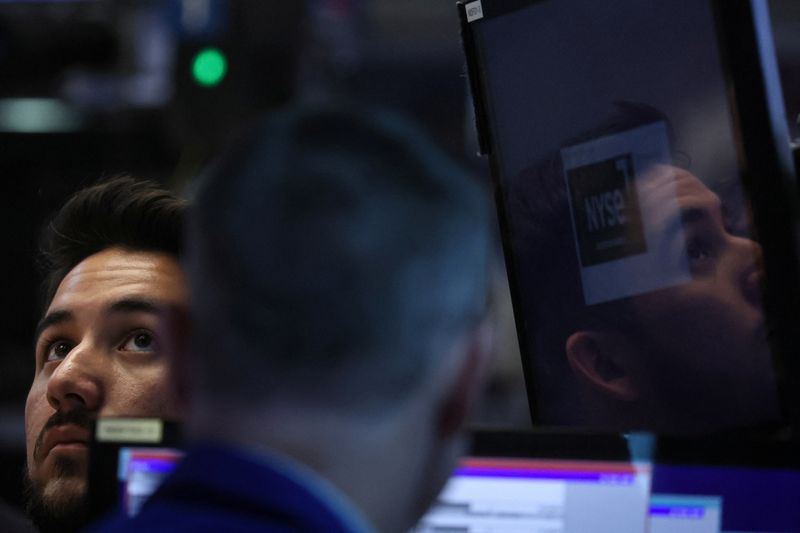This week ahead || Jul 31st - Aug 4th 2023
Here's some news for the week ahead.

Congress again ignores solving Social Security's looming insolvency issues
Bipartisan talks to prevent Social Security insolvency have been put on hold until after the 2024 election, despite the program's looming financial challenges. However, there is some hope for progress on smaller Social Security initiatives, such as improving retirement education for retirees and addressing benefits for public sector workers. Efforts to communicate better with retirees about their benefit claims and eliminate penalties on public sector workers have gained bipartisan support. Nevertheless, the path forward for these initiatives remains uncertain, with budget constraints and potential government shutdowns ahead. Meanwhile, larger structural reforms to address Social Security's funding shortfall await resolution, with debates continuing on different approaches, such as increasing benefits through taxing the wealthy or raising the retirement age. The progress made in previous years' discussions may be vital when the opportunity for broader reforms arises.
Banks are still losing deposits. Just not the banks you might expect.
During the second quarter, the largest US banks, including JPMorgan Chase, Bank of America, Citigroup, and Wells Fargo, experienced a net decline of $262 billion in deposits compared to the previous year. Regional banks, on the other hand, saw gains in deposits as they offered higher rates to attract customers. This trend continued into July, with deposits at large banks dropping significantly. Some customers are seeking higher yields in US money market funds. The rise in interest rates and aggressive Federal Reserve measures to lower inflation have contributed to customers seeking higher-yielding options for their deposits. Smaller banks have been more aggressive in offering competitive deposit rates, but this can impact their profitability. However, not offering attractive rates may lead to a loss of depositors.
Top 5 things to watch in markets in the week ahead
In the upcoming week, investors will be closely monitoring several key events in the financial landscape. The U.S. jobs report, set to be released on Friday, is anticipated to show an addition of 184,000 jobs in July, along with an unemployment rate of 3.6%, a historical low. The resilience of the labor market has contributed to the belief in a soft landing for the economy with controlled inflation and robust growth. Earnings season continues with megacaps Apple and Amazon reporting earnings after the market closes on Thursday. Some investors remain cautious about the rally in tech stocks, driven in part by excitement over artificial intelligence developments. The Bank of England will hold its latest rate setting meeting, with uncertainty surrounding the possibility of a 25-basis point rate hike following the 50-bps hike in June. Inflation in the Eurozone is also being closely watched, with data expected to show moderate inflation and a return to economic growth in the second quarter. China's PMI data will be released at the start of the week, and it is likely to reflect a fourth consecutive month of manufacturing contraction in July, emphasizing the need for stimulus measures to support the post-pandemic recovery. Overall, these events will significantly impact investor sentiment and market dynamics in the days ahead.

Hopes of 'Goldilocks' economy, rate peak buoy US stocks
Stock investors are finding confidence in the resilient U.S. economy and the belief that the Federal Reserve's tightening cycle may be approaching its peak. The S&P 500 has surged almost 19% this year, driven by a Goldilocks scenario of controlled consumer prices and robust growth. Federal Reserve Chair Jerome Powell's statement that a U.S. recession is no longer forecasted and that inflation might return to its 2% target without significant job losses further boosted market sentiment. The Fed's recent rate hike and the possibility of another increase in September have been well-received by investors. While the economy's strength has been a driving force in the stock rally, concerns over rapid growth prompting additional rate hikes linger. Additionally, the rally in tech stocks, particularly in artificial intelligence-related companies, is being scrutinised for its sustainability, with some investors diversifying into other sectors. Despite optimism, there are also cautious voices warning of potential pullbacks in the market. Overall, market participants are navigating various factors and signals to make informed investment decisions.
